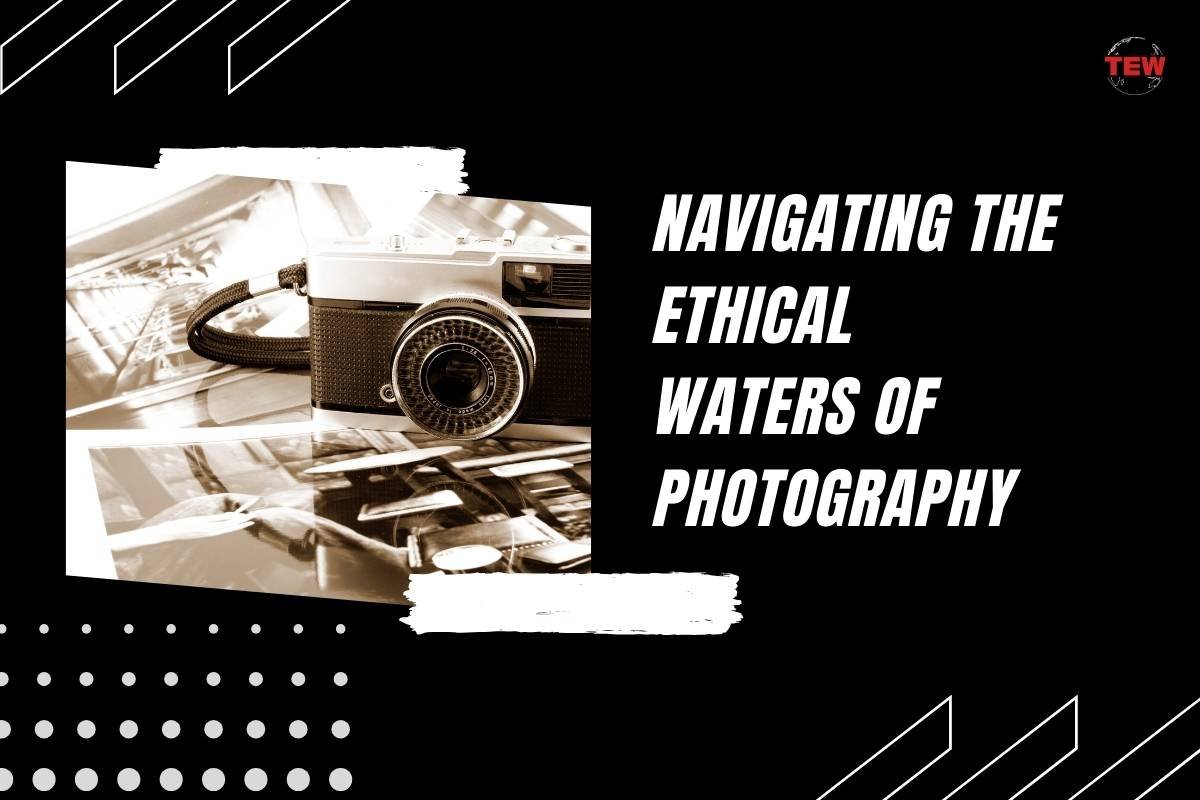Photography is a medium that transcends borders, offering a glimpse into the diverse tapestry of human existence. From bustling city streets to remote rural villages, photographers have the privilege of documenting the richness and complexity of our world. Yet, with this privilege comes a profound responsibility to navigate the ethical terrain with sensitivity and respect.
As a photographer who has traversed the globe and encountered diverse communities, I’ve come to deeply appreciate the ethical considerations inherent in this craft. I’ve captured the lifestyles of Bedouins in the Middle East, the Aga tribe in the islands of Bali, Kazakh Nomads in Mongolia, and Sadhus in India.
During all these photographic explorations, one thing that always stayed on my mind was that am I being respectful enough? Am I approaching this shoot with the right ethics? As photographers, it is important to remember that while each click of the shutter holds the potential to shape narratives and challenge stereotypes, it can even perpetuate harm if not approached thoughtfully.
That makes the ethical photography crucial. So, let’s explore what ethics in photography entails.
At the heart of ethical photography lies the principle of informed consent. When photographing individuals, particularly in culturally rich settings, obtaining consent becomes paramount. Each person holds the right to control how their image is used and distributed. Therefore, engaging in meaningful dialogue with subjects, explaining the purpose of the photograph, and seeking explicit permission is not just a courtesy but a fundamental ethical obligation.

Moreover, it’s essential to recognize and respect cultural norms and sensitivities. What may seem like a harmless snapshot to one person could carry deep cultural significance or offense to another. Understanding the context in which you are operating and being attuned to the nuances of the local culture can help mitigate inadvertent harm.
Furthermore, the power dynamics inherent in photography demand careful consideration. As photographers, we wield the authority to shape narratives and perceptions through our lens. This power imbalance underscores the need for humility and empathy in our approach. Rather than viewing communities as mere subjects to be captured, we should strive to engage as collaborators, allowing their voices and perspectives to shine through authentically.
In the age of social media and instant sharing, the ethical photography extend beyond the moment of capture. Once an image is released into the digital realm, it takes on a life of its own, potentially reaching audiences far beyond our original intentions. Thus, exercising discretion in how and where images are shared is crucial. Respecting the privacy and dignity of individuals should always take precedence over the pursuit of likes or viral fame.
Another ethical dilemma often faced by photographers is the question of representation. Whose stories are being told, and from whose perspective? The danger of perpetuating stereotypes or exoticizing cultures looms large in the field of documentary photography. To counter this, it’s essential to approach storytelling with nuance and depth, striving for authenticity and diversity in representation.
Additionally, we must confront the uncomfortable truth that photography has been historically complicit in perpetuating colonial narratives and reinforcing power structures. As inheritors of this legacy, we bear a responsibility to actively dismantle these frameworks and work towards more equitable and inclusive portrayals.

One way to do this is by engaging in participatory photography, where communities are given agency in the storytelling process. By empowering individuals to share their own narratives through photography, we can amplify voices that have long been marginalized and challenge dominant narratives.
Ultimately, ethical photography is a continual process of reflection, learning, and growth. It requires us to approach our craft with humility, empathy, and a deep commitment to social responsibility. As we navigate the complexities of capturing people and cultures, let us strive to uphold the dignity and humanity of all those we encounter through our lens.
On the ending note, the ethical considerations of photography extend far beyond technical skill or aesthetic composition. They encompass issues of consent, representation, power dynamics, and social justice. By centering ethics in our practice, we can harness the transformative potential of photography to foster understanding, empathy, and positive change in the world.
Let us embrace this responsibility with humility and integrity, recognizing the profound impact our images can have on shaping perceptions and influencing discourse.
About Author

Matt Jacob is a Bali-based photographic artist who specializes in cultural portrait photography. Matt is also the co-founder of House of Yoreh, a production house and studio, where he develops his projects, workshops and photography communities. Aiming to capture the stories of his subjects, Matt focuses on understanding the essence of different perspectives, as well as the ‘why’ behind different forms of human experience. He has captured the stories of several remote populations and ethnic groups, using his skill to portray the less-explored human nuances. Besides photography, Matt is also the host of ‘The MOOD Podcast’, discussing different photographic art forms, philosophies and opinions with experts and pioneers across an array of visual arts fields.




